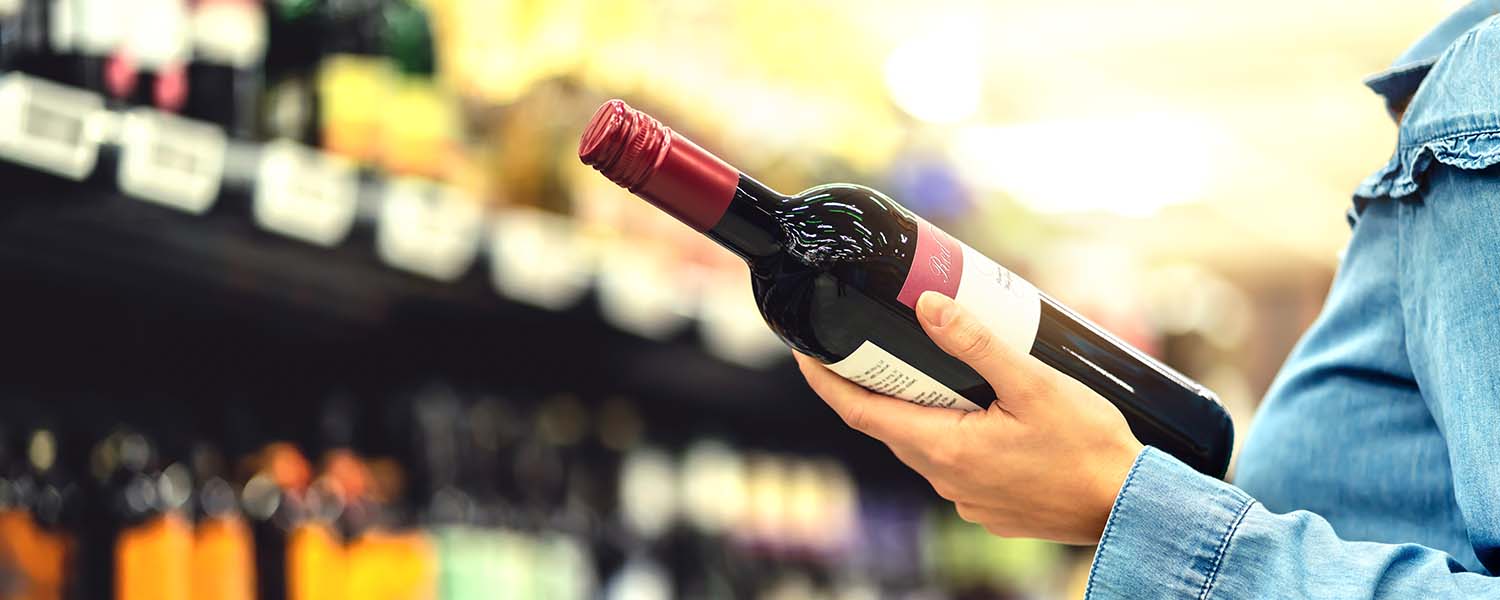Recently, I celebrated my 30th birthday.
On the same day Celeste, one of my sisters, celebrated her birthday as well. We are not twins — we just have so many siblings that two of us were bound to pick the same day of arrival.
My family loves babies. My mum has six of her own and supported over a thousand more as a midwife. Somehow, it still came as a great and wonderful surprise that on our big birthday Celeste announced she is carrying her fourth little bubba.
As I enter this new decade, many of my friends are making their own big announcements or hope to very soon. Naturally our conversations have shifted to include much more baby talk — the joys, the risks, the enormous changes.
By proximity, I have learned a lot about pregnancy and motherhood:
- Soft cheese, while desirable, is the enemy
- Forget about girly chats at the hot springs for at least the first few years
- Women’s bodies are way more incredible than you realise.
But there is one consistent question that hovers over these young women; especially the nervous first-timers who pore over information to be across all of the facts: Can I drink alcohol while I am pregnant?
As millennials, we have learned to run everything from the important to the mundane through a search engine. When I Googled ‘’Can I have half a glass of wine when pregnant?”, I was shocked to get so many mixed messages. For example, one of the top results was a focus group study where a woman said, “My midwife said that having a glass of red wine was actually better for the baby.” Another top result suggested a little bit of alcohol early in pregnancy is okay.
No wonder two years ago almost a quarter (23 per cent) of Australians were not aware that alcohol use during pregnancy is harmful to a developing baby.
But the official NHMRC Australian Alcohol Guidelines are clear: women who are pregnant or planning a pregnancy should not drink alcohol.
Alcohol products can cause serious harm during pregnancy, increasing the risk of miscarriage, stillbirth, low birth weight, pre-term birth, and Fetal Alcohol Spectrum Disorder (FASD).
But until 2020, none of this information was mandated to be on alcohol products. Thankfully, strong community advocacy led to the introduction of mandatory pregnancy health warnings on all alcohol products. It has been two years since the Food Forum Ministers made the decision to put the health of our community first. Alcohol companies, many of whom strongly opposed this visible warning label, have until July 2023 to implement it.
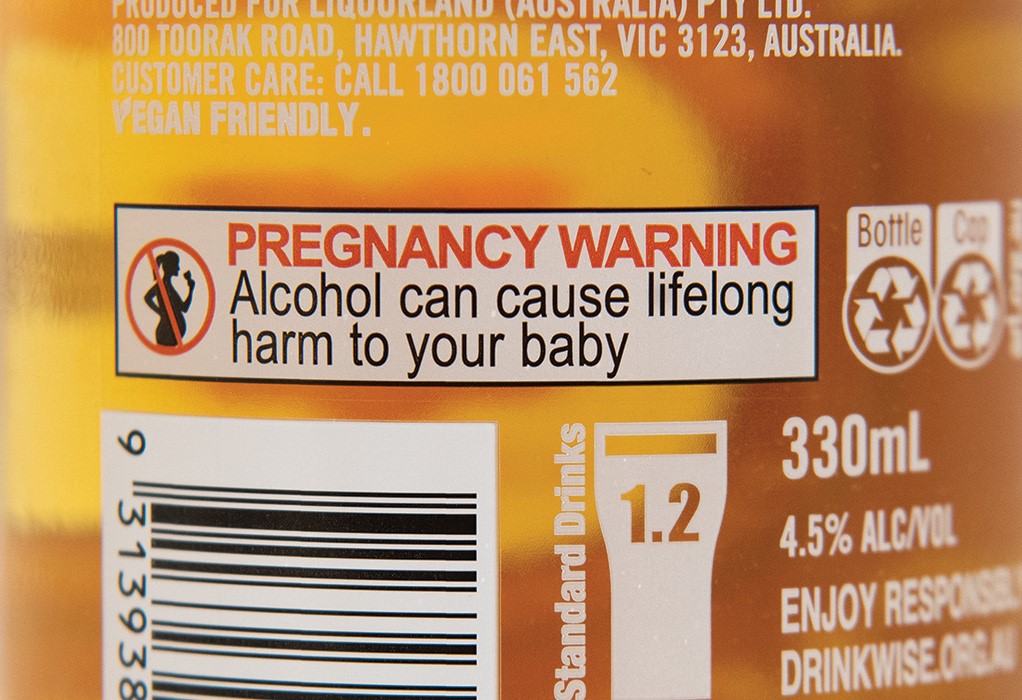
One of my colleagues and I recently visited a couple of major alcohol retailers to get an idea of how many alcohol products have warning labels. We looked at 131 alcohol products across different types.
We found that even after two years, 3 out of every 4 alcohol products (76 per cent) had not implemented the new label.
Instead, I saw faint graphics of pregnant women accompanied by the tiny words “Get the facts.” If my Google search is anything to go by, that’s easier said than done.
As my eyes wandered over the crowded shelves, they fixated on bottles clearly designed to capture my precious attention. Dainty, floral, and pink—these products directly target women like me, and they hit the bullseye.
The first one featured the smallest graphic of a woman who was pregnant I had seen yet, as though the alcohol company was trying to make her invisible. I wouldn’t have found her unless I was looking.
The second placed a similar graphic on a crumpled label over the lid, which was waiting to be torn off and discarded as soon as the bottle was opened. Finally, a celebrity-endorsed pink prosecco, unmistakably marketed for wine time with the gals, had no woman, and no warning at all.
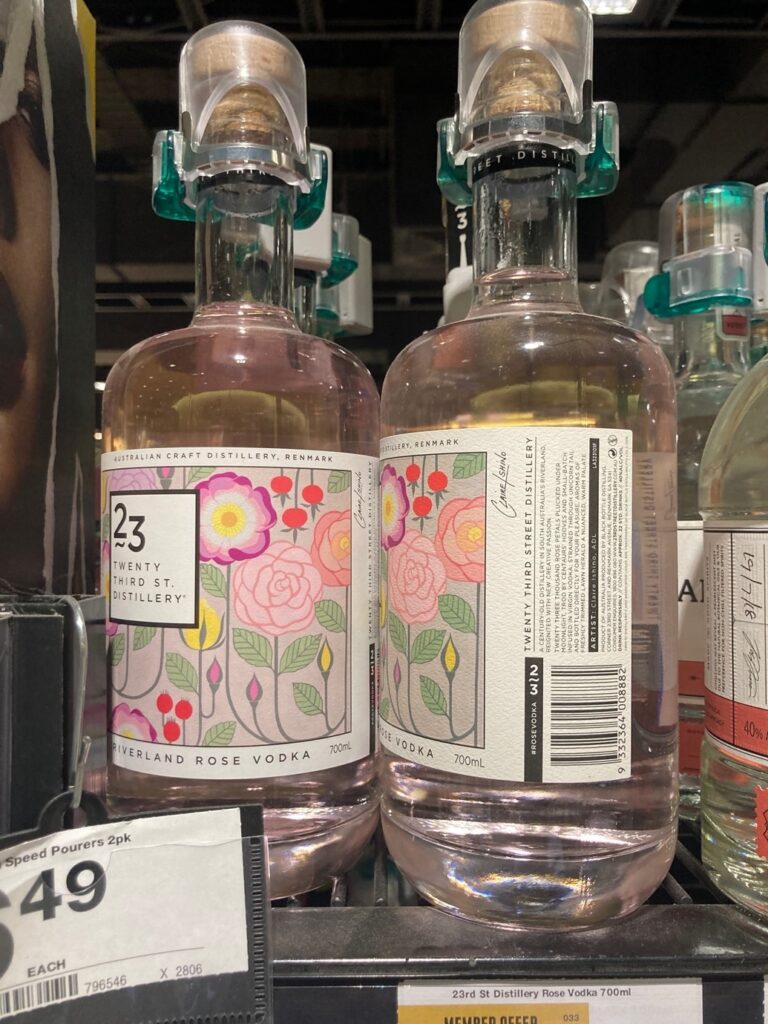
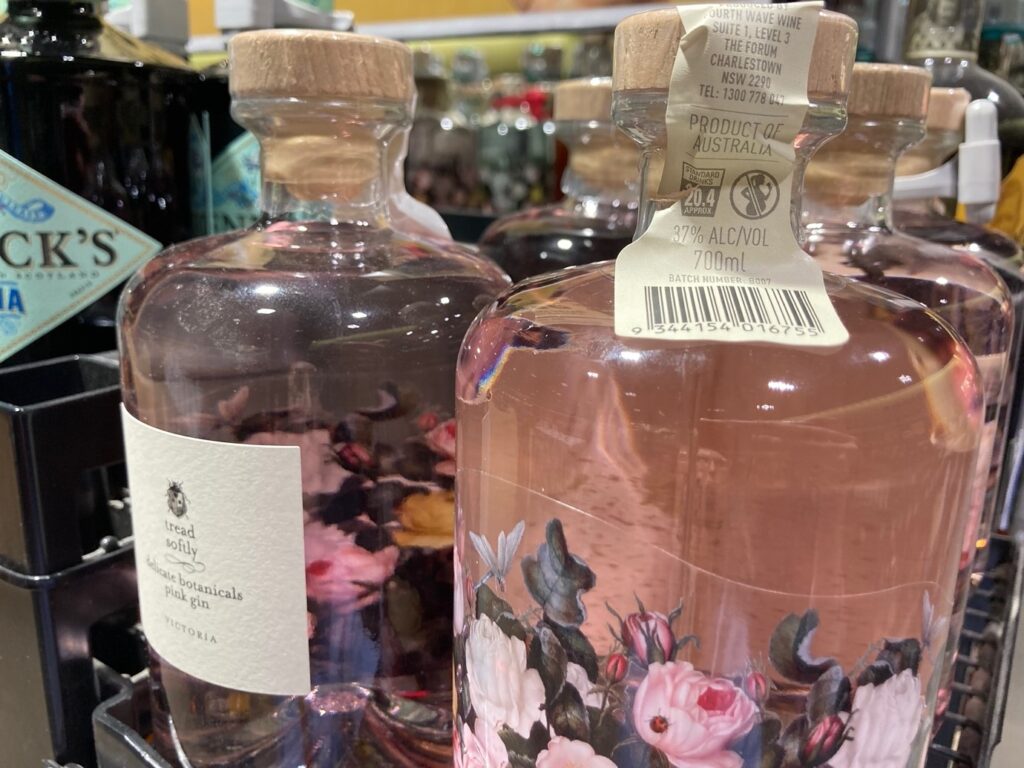
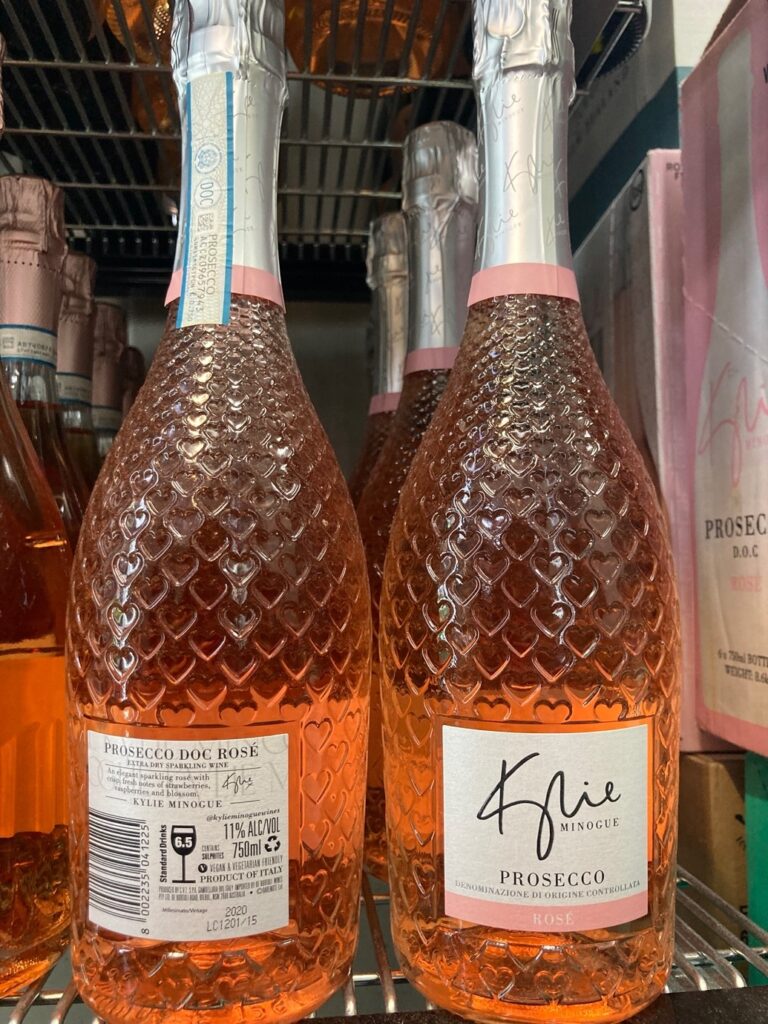
Seeing these products unsettled me. The pregnant and hopeful women in my life and all over Australia are being sold products that cause harm without clear warnings.
A curious male retail staff member approached me to ask how the investigation was going. I showed him these bottles, and I compared them to one with the new label. He was just as appalled as I was.
It is unacceptable that people are not being given the clear message that alcohol causes serious harm during pregnancy.
More than a quarter (27 per cent) of the products audited that had the new label were small businesses, with far fewer resources than vast transnational alcohol corporations. Clearly, this small change is economically accessible and will make a big difference to the health of our community.
We will continue to monitor and report on the progress of the implementation of the warning. We want to ensure alcohol companies do actually fulfil their moral and legal responsibility to include the new pregnancy health warning labels by July 2023. It’s too important an issue to ignore.

